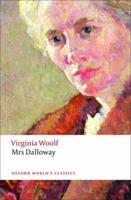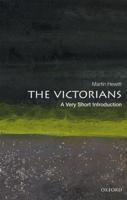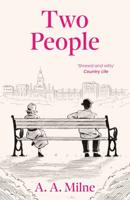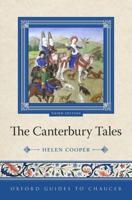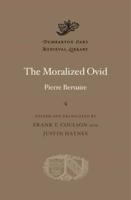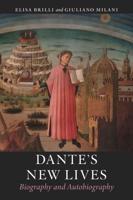Publisher's Synopsis
Medieval writers were fascinated by fortune and misfortune, yet the critical problems raised by such explorations have not been adequately theorized. Allan Mitchell invites us to consider these contingencies in relation to an "ethics of the event." His book examines how Middle English writers including Chaucer, Gower, Lydgate, and Malory treat unpredictable events such as sexual attraction, political disaster, social competition, traumatic accidents, and the textual condition itself - locating in fortune the very potentiality of ethical life. While earlier scholarship has detailed the iconography of Lady Fortune, this book alters and advances the conversation so that we see fortune less as a negative exemplum than as a positive sign of radical phenomena.

